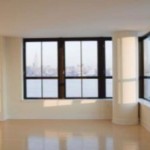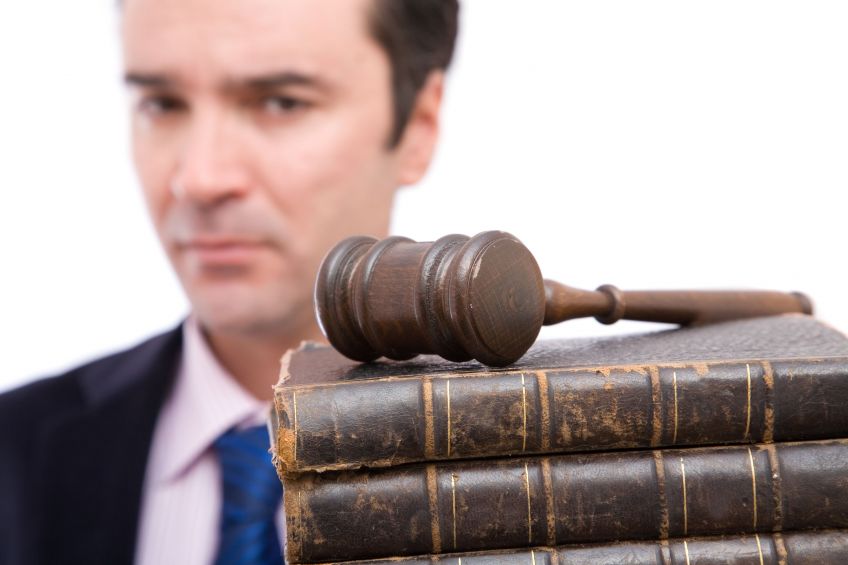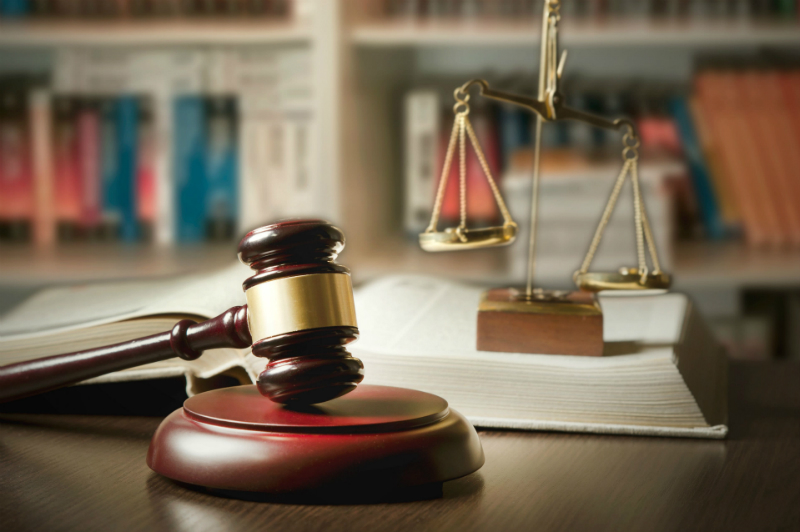In Nevada, commercial property owners must adhere to safety regulations to reduce the potential for accidents involving customers and visitors. They could also reduce the chances of a lawsuit for the property owner. However, if they fail to provide a duty to their customers or visitors, property owners are liable for their expenses. A Las Vegas injury attorney provides assistance for these victims of premises liability situations.
Identifying Building Code Violations
A thorough review of the scene could uncover building code violations. The property owner must conduct a safety inspection each month to identify possible problem areas. This reduces the potential of an accident and could prevent further property damage. Property owners who are aware of dangerous conditions are liable if they don’t take steps to warn visitors of these conditions.
Knowledge of Dangerous Conditions
Knowledge of the dangerous conditions indicates that the property owner wasn’t concerned with public safety. This could equate to fines or the shutdown of their business. The building code inspector could condemn the building as well, which could lead to further penalties. When this happens, it could provide further evidence for the victim’s claim.
Accidents on Construction Sites
Construction sites must be maintained at all times. The foreman must provide adequate notice for individuals who could enter these areas and warning signs around the area to prevent admittance. They must also provide adequate safety gear for their workers to reduce the potential for work-related injuries. They must also warn the public if they intend to use explosives in the area.
What Requirements Are Necessary for Public Events?
Public events require adequate rest areas for the attendees. The host must acquire security and cleaning crews to maintain the area and eliminate hazards. Failure to comply with these requirements could indicate a liability if an attendee sustains injuries during the event.
In Nevada, commercial property owners must manage their buildings to avoid safety violations. These requirements prevent visitors and customers from suffering devastating injuries. The building code inspector could identify the condition that resulted in the injuries quickly.








